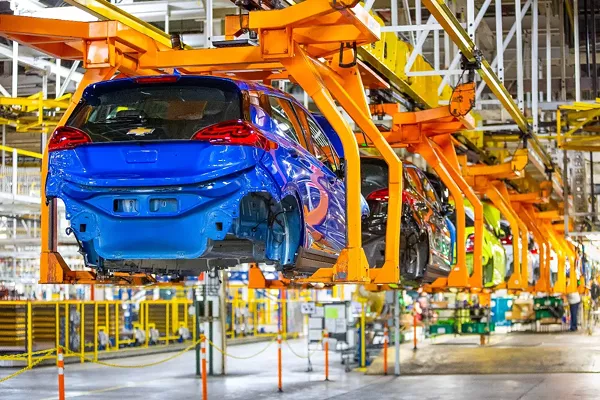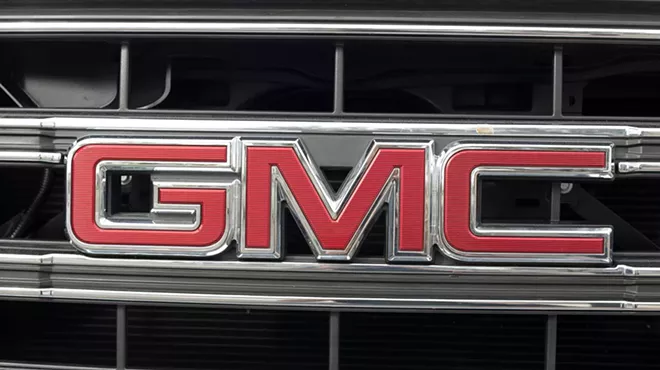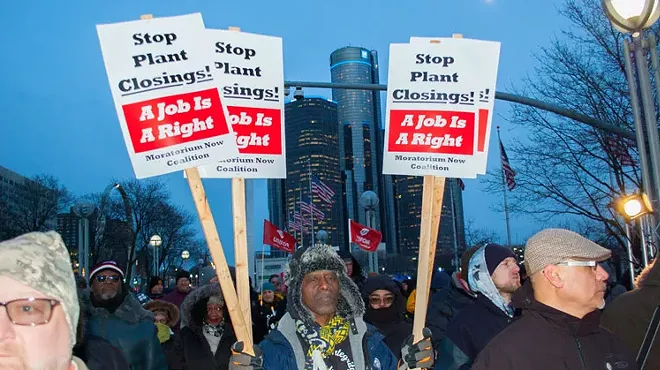On Friday, General Motors announced it was investing $300 million in its small-car assembly plant in Orion Township to build a new electric Chevy, adding 400 new jobs at the plant. The car was initially planned to be built overseas and imported into the U.S.
The announcement came after President Donald Trump slammed GM on Twitter over the weekend in response to the company's plans to close five North American plants, including Detroit-Hamtramck Assembly here and Lordstown in Ohio. Trump also tweeted that he spoke with GM CEO Mary Barra about keeping Lordstown open, although the details of that conversation have not been made public.
Now, it's common for the media to report these sorts of things by suggesting a cause and effect, such as when the Detroit Free Press reported "GM to invest $1 billion in U.S. after pressure from Trump" on Jan. 17, 2017 — days before Trump even took office.
The Detroit News asked GM if the announcement was in response to Trump, which the company denied, saying it was in the works for "weeks." Perhaps wisening up from their 2017 coverage, The Detroit Free Press interviewed industry insiders, who said Trump couldn't bully the Big Three into reopening plants.Just spoke to Mary Barra, CEO of General Motors about the Lordstown Ohio plant. I am not happy that it is closed when everything else in our Country is BOOMING. I asked her to sell it or do something quickly. She blamed the UAW Union — I don’t care, I just want it open!
— Donald J. Trump (@realDonaldTrump) March 17, 2019
"This is an industry with very long planning horizons at huge scales of investment and production," Kristin Dziczek, vice president of Ann Arbor's Industry, Labor & Economics at the Center for Automotive Research told the paper. "... GM can’t be bullied into making decisions that aren’t good business decisions."
Still, it's possible the company is trying to throw Trump a bone with the announcement. The Orion plant is small potatoes compared to the company's planned cuts of $6 billion, including a 15 percent reduction of the company's salaried workforce, or more than 14,000 workers.
GM's plans to close Detroit-Hamtramck, which it built in the 1980s by using eminent domain to displace some 4,000 people and raze more than 1,000 houses, has drawn backlash, including protests calling for a "Green New Deal."
The fate of Detroit-Hamtramck Assembly will be decided by negotiations between the GM and the UAW. Over the weekend, UAW joined Trump in criticizing the company, tweeting, "Corporations close plants, workers don't."
Stay on top of Detroit news and views. Sign up for our weekly issue newsletter delivered each Wednesday.










